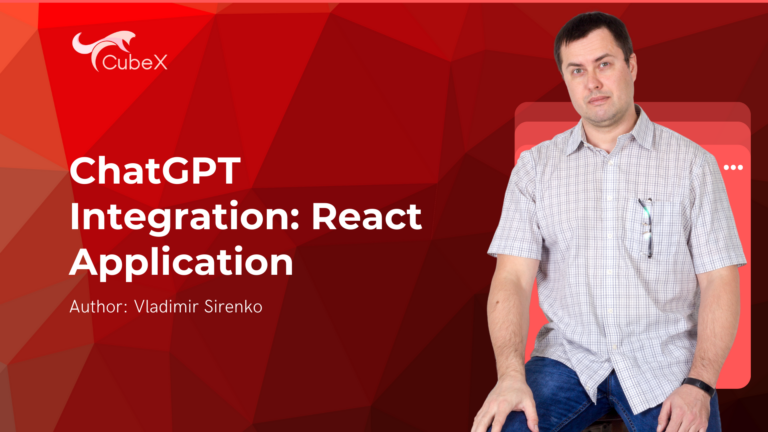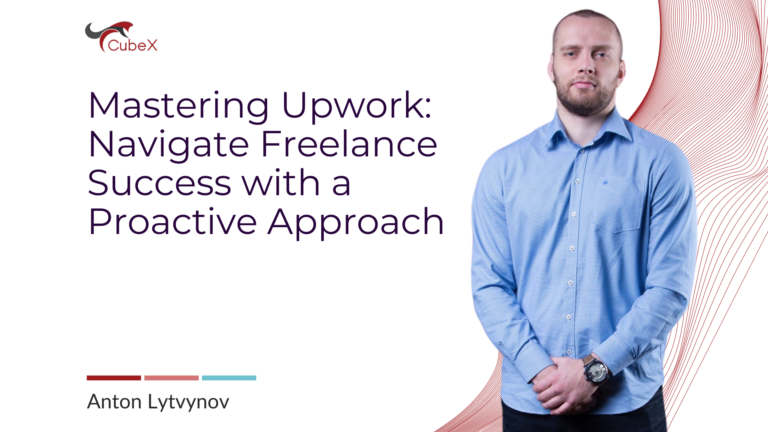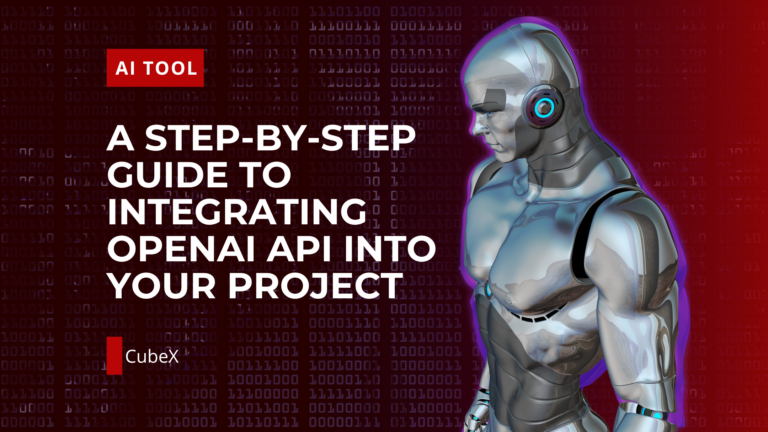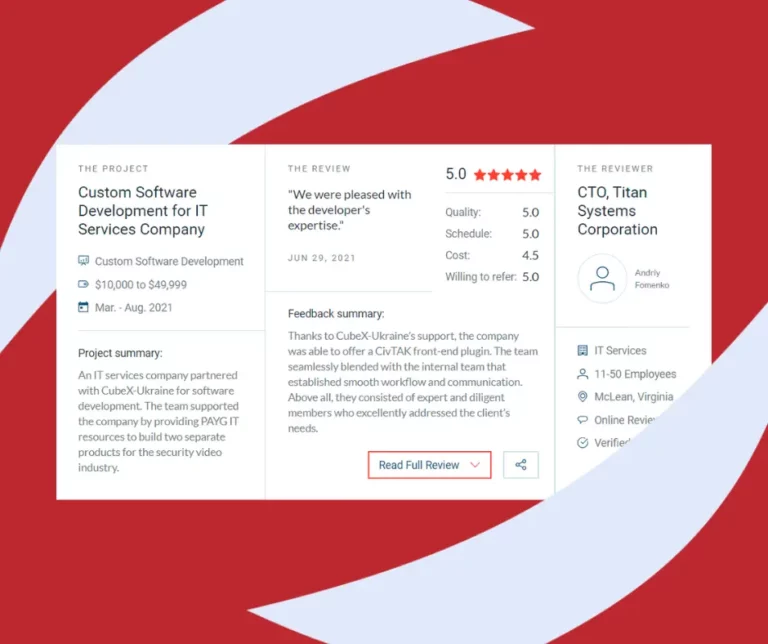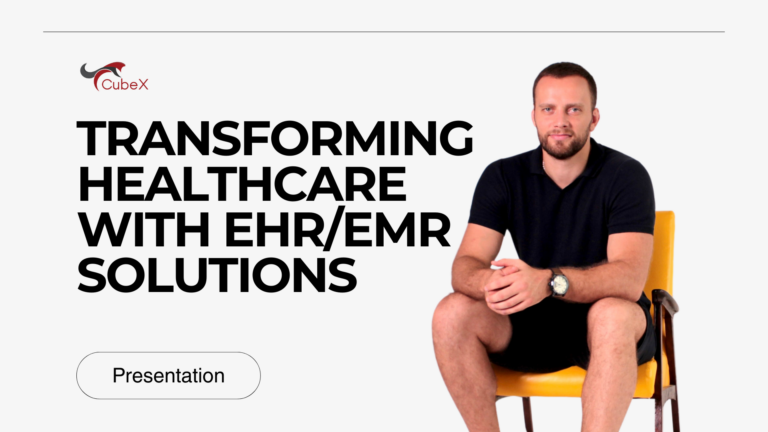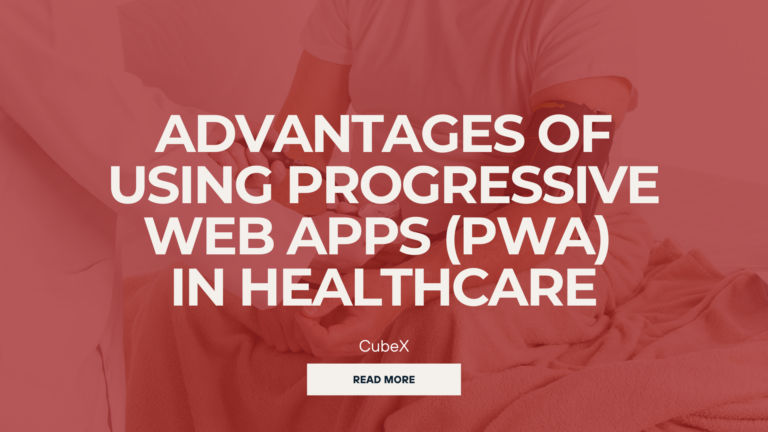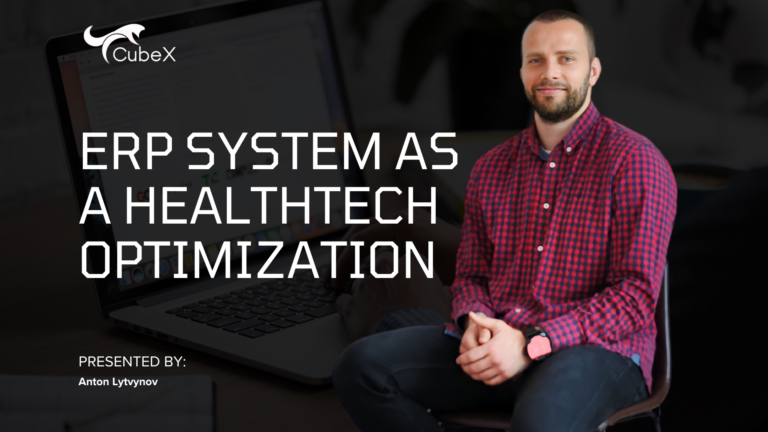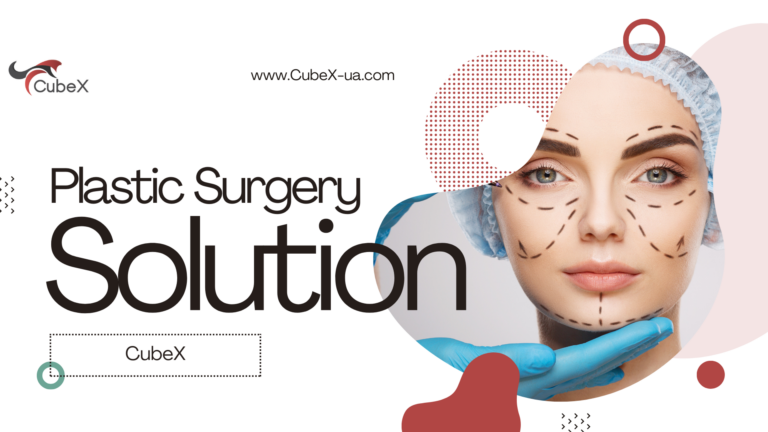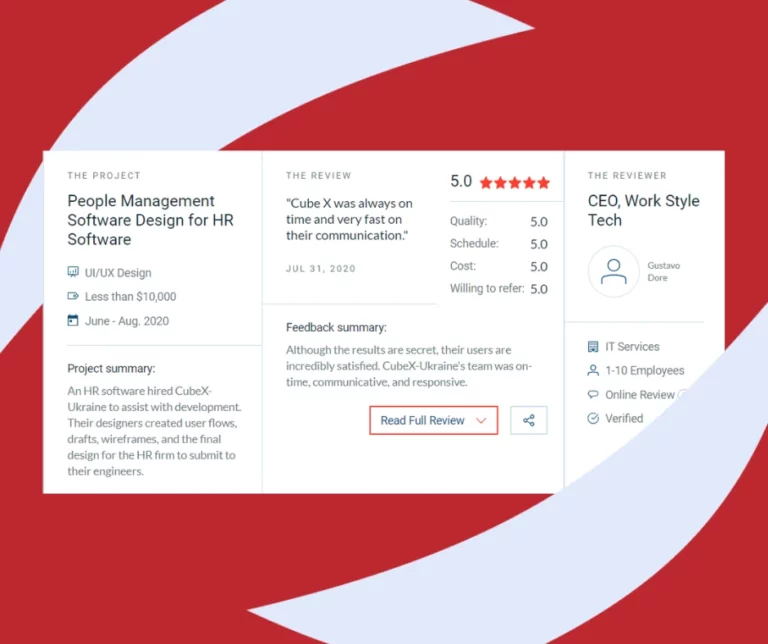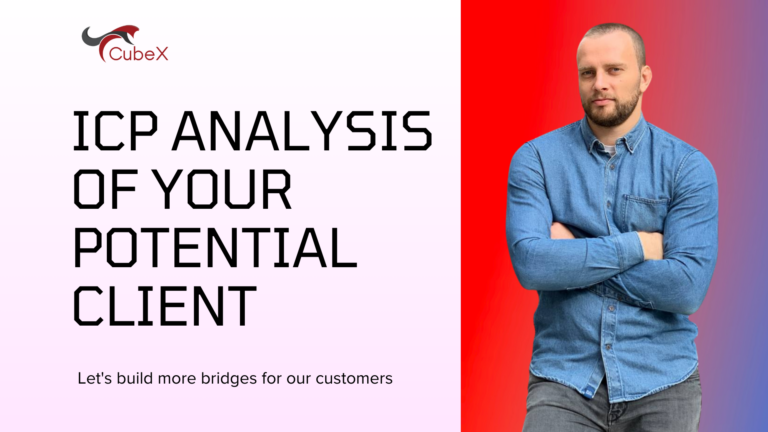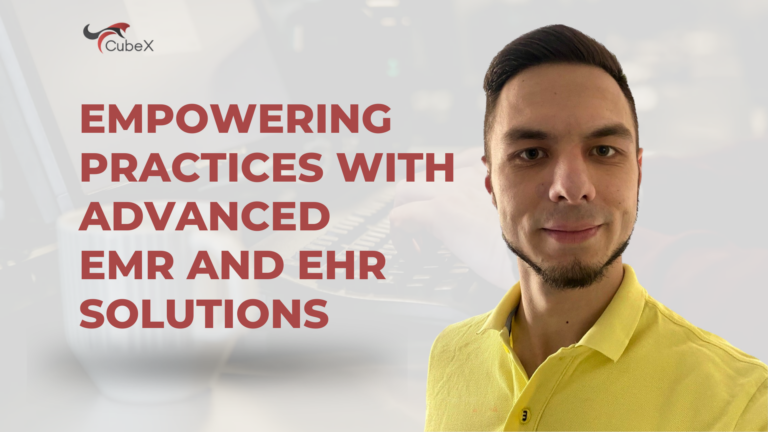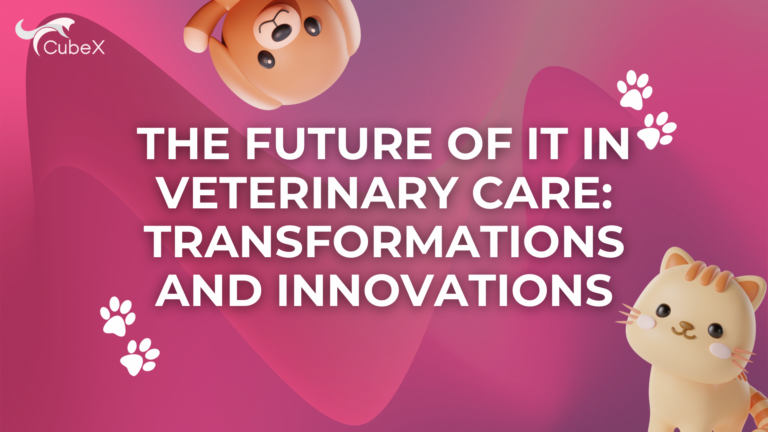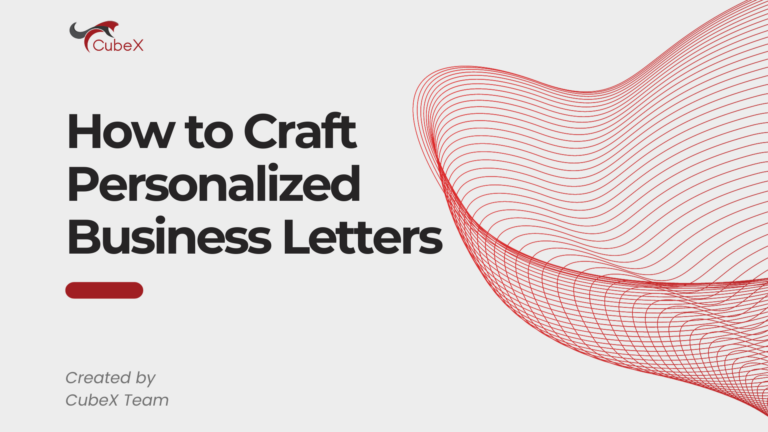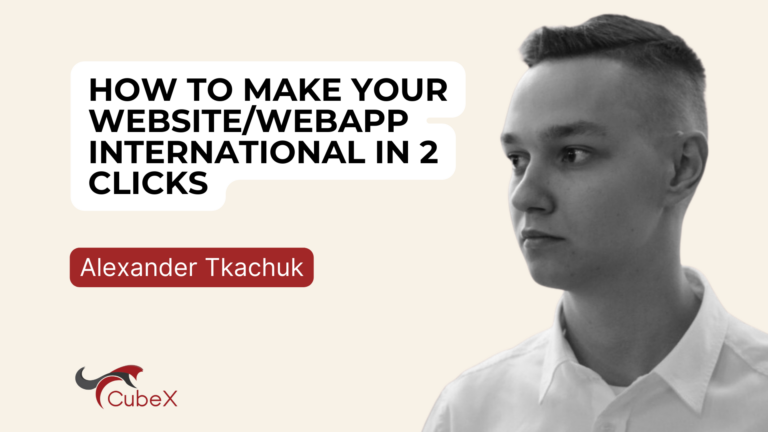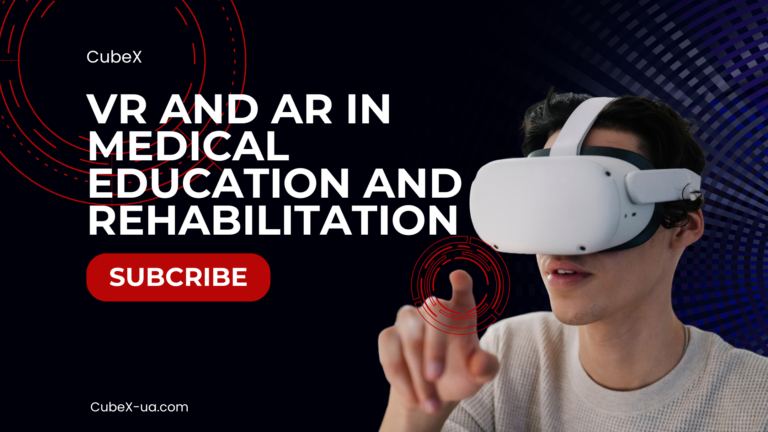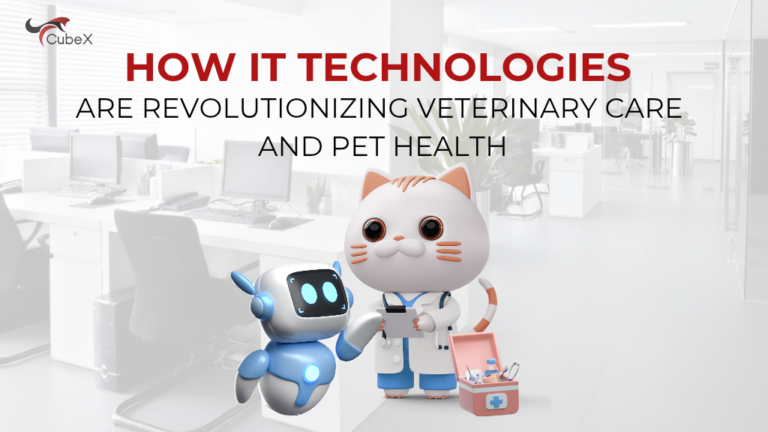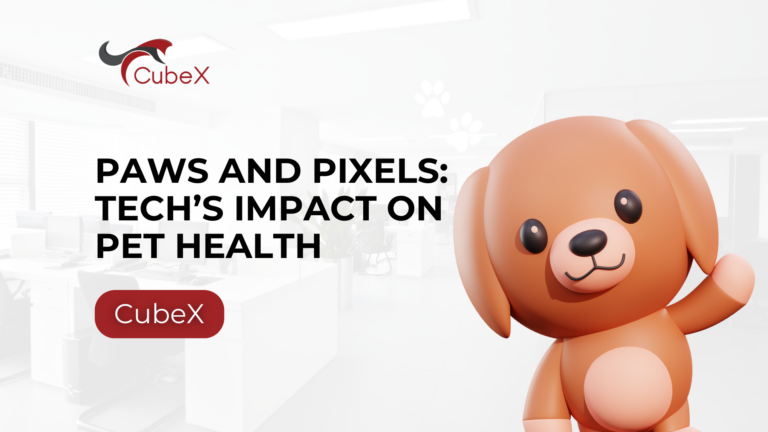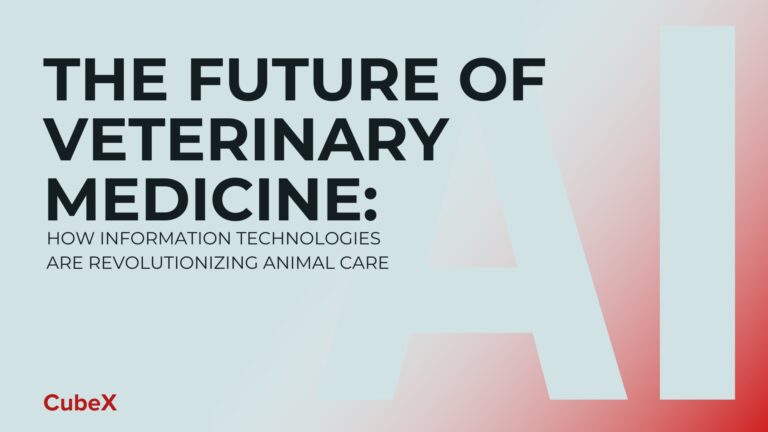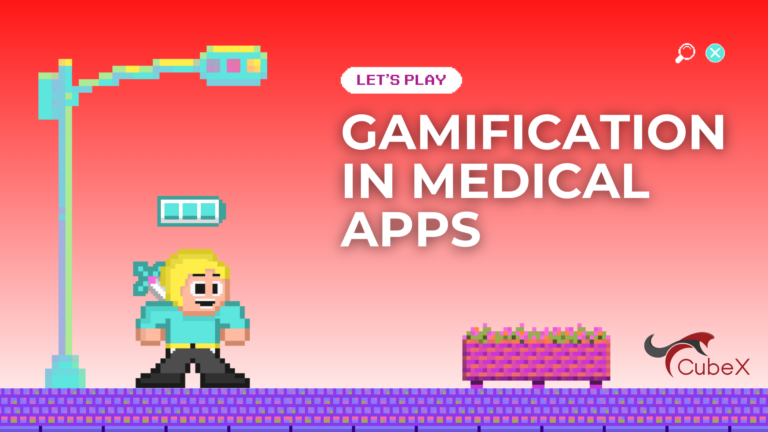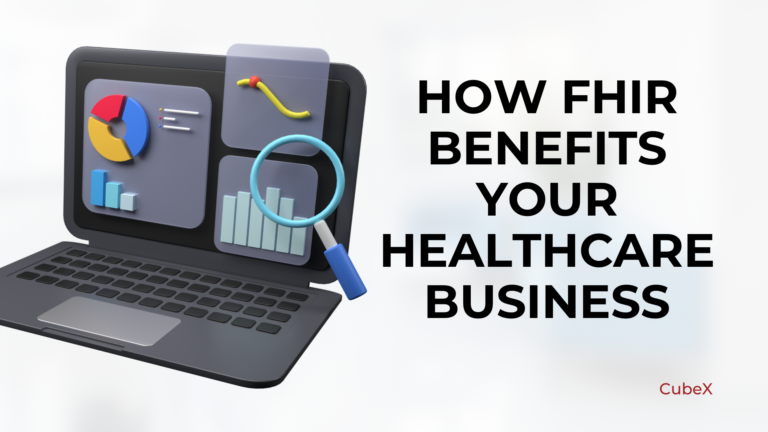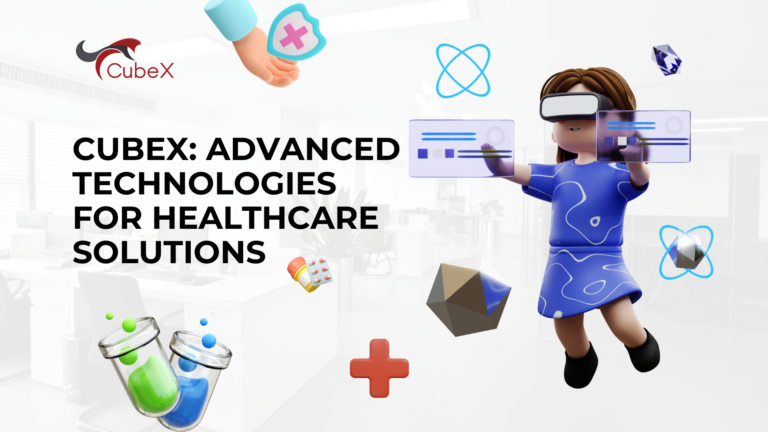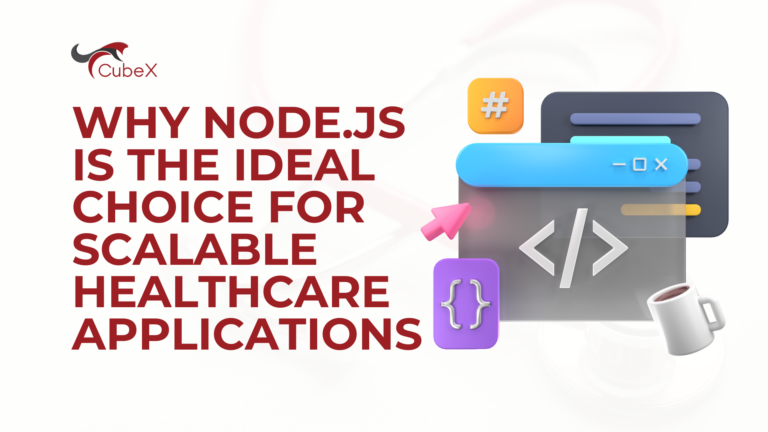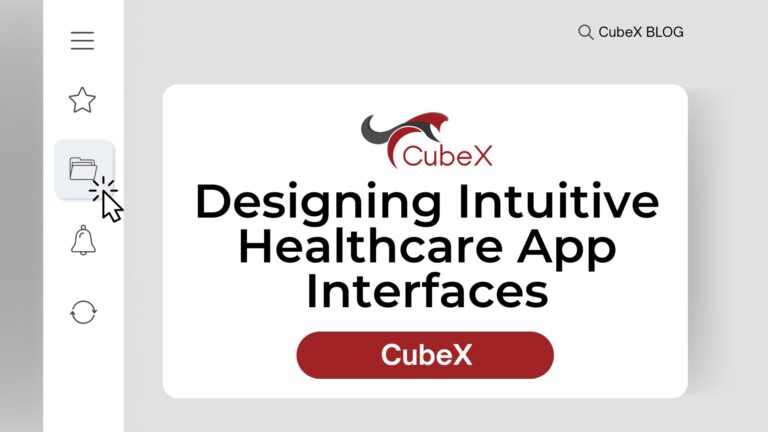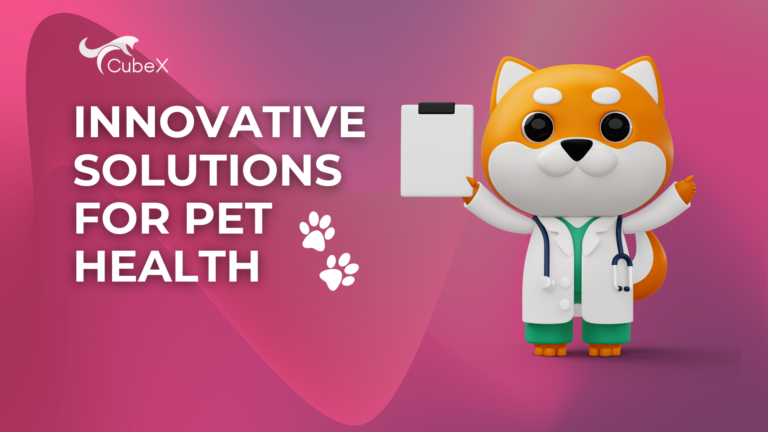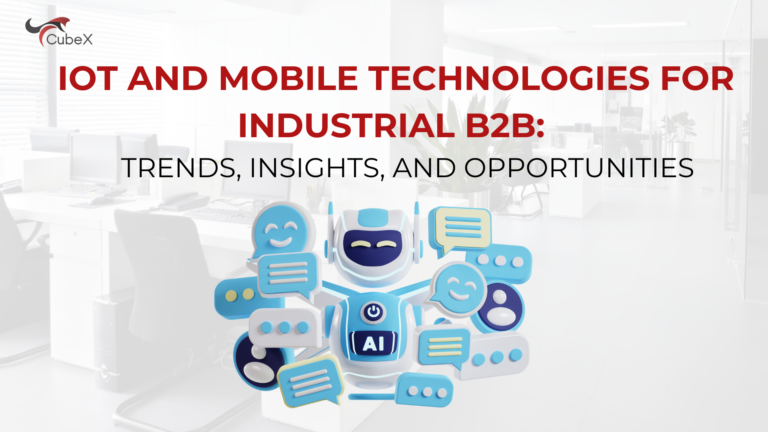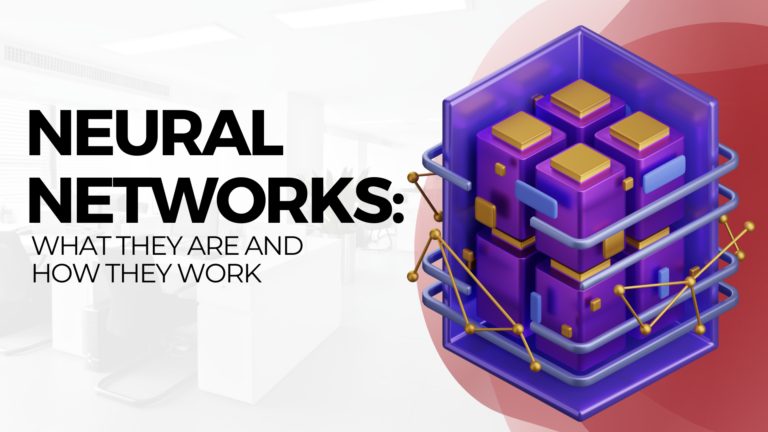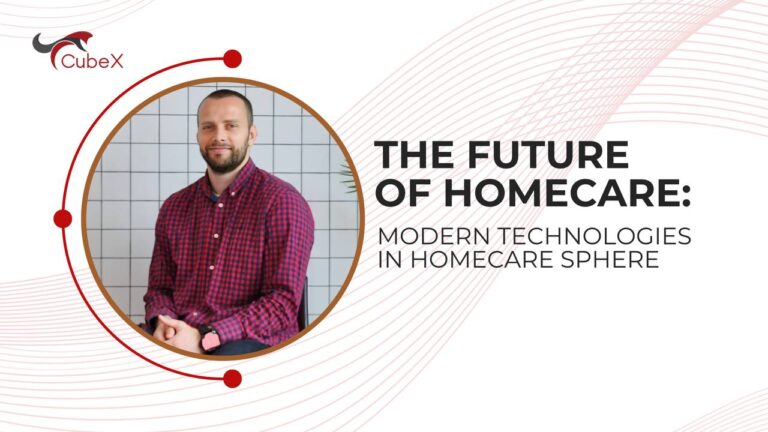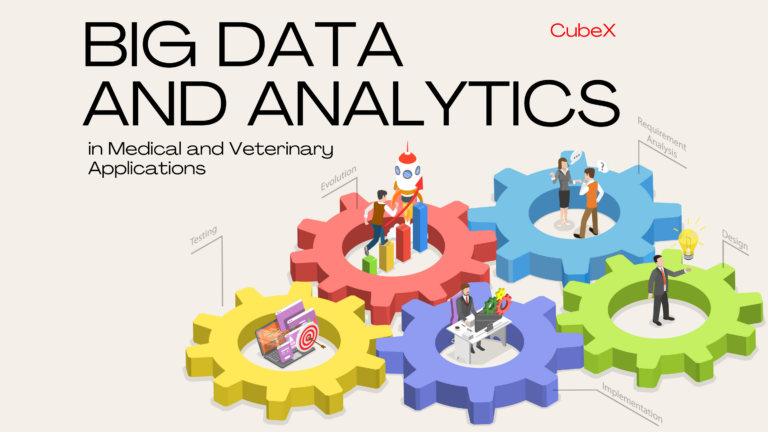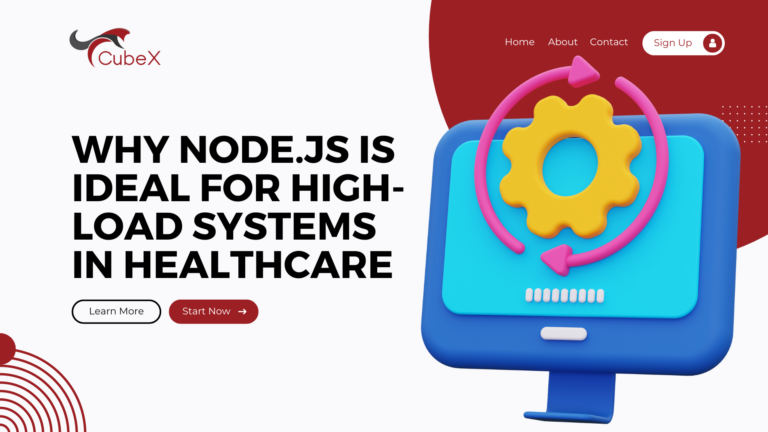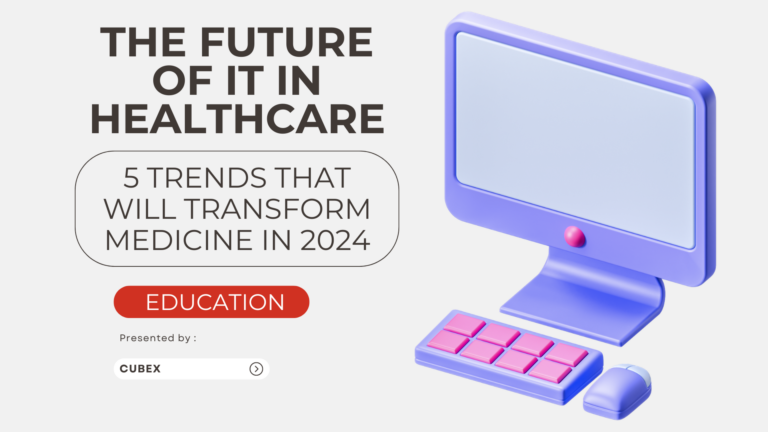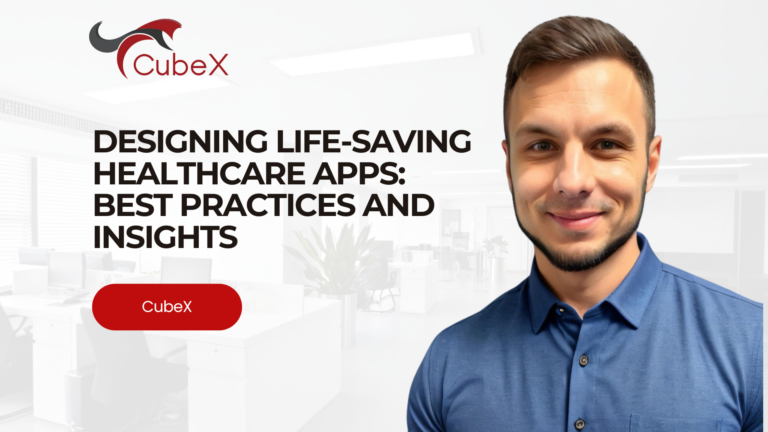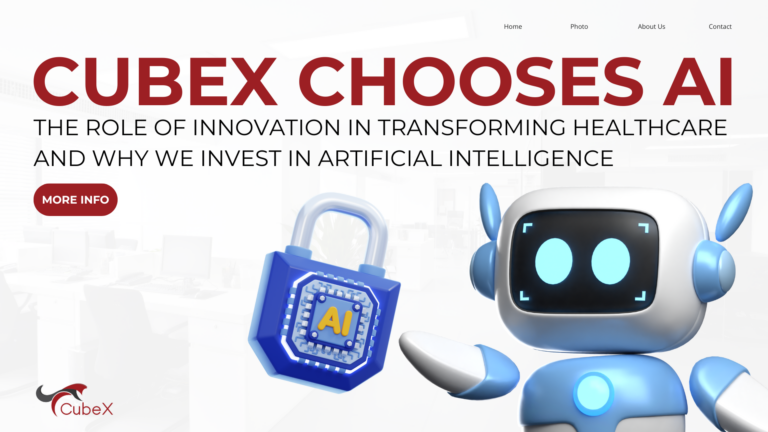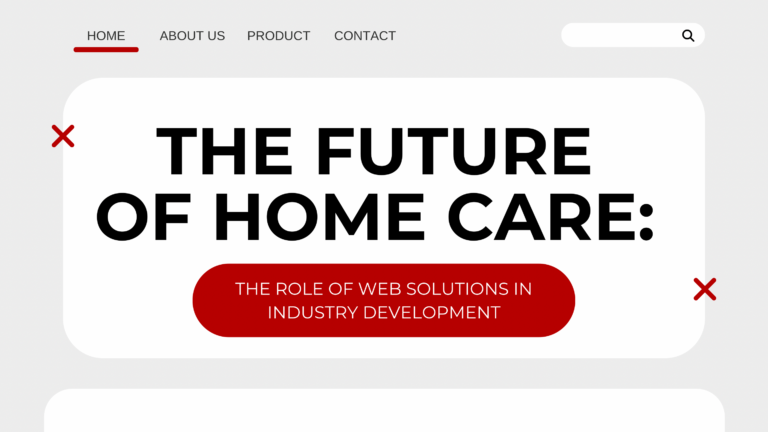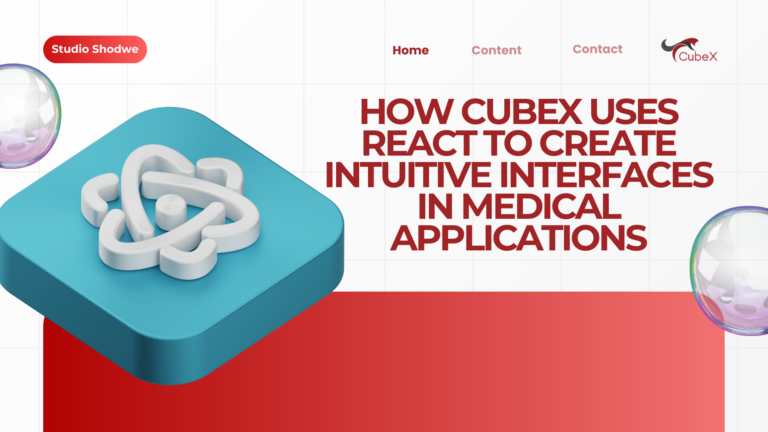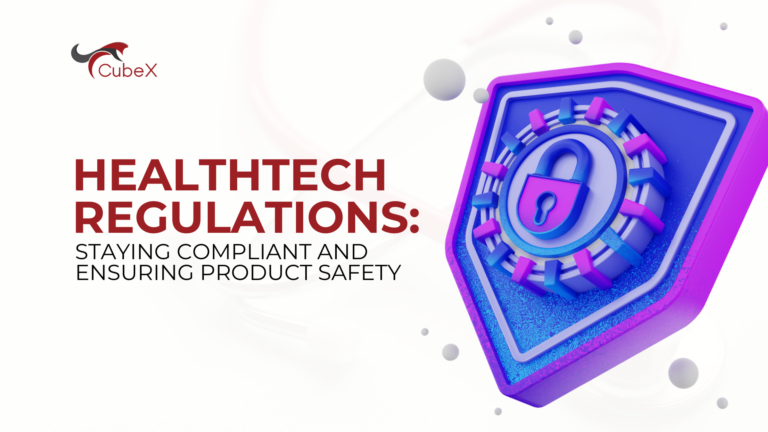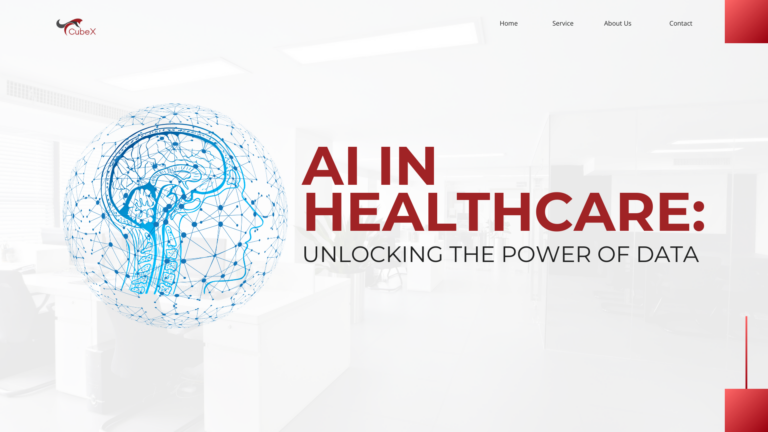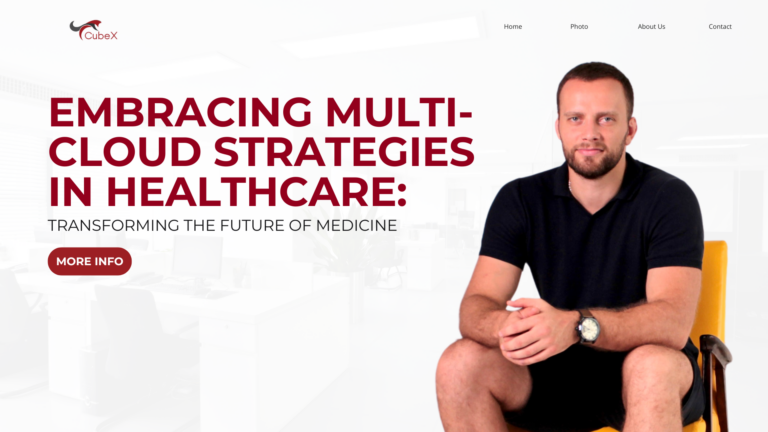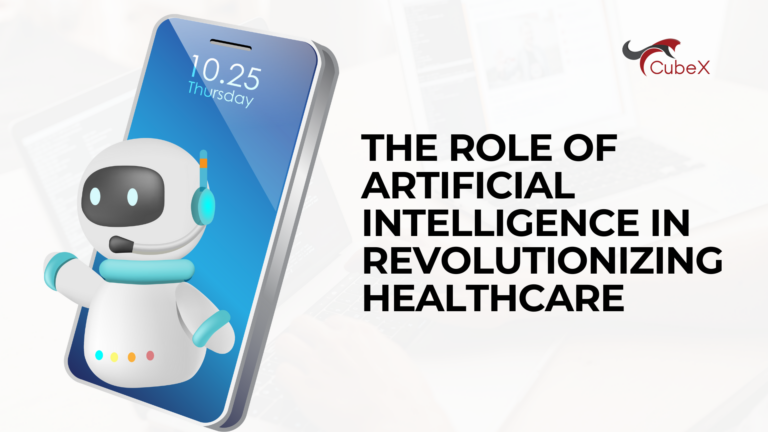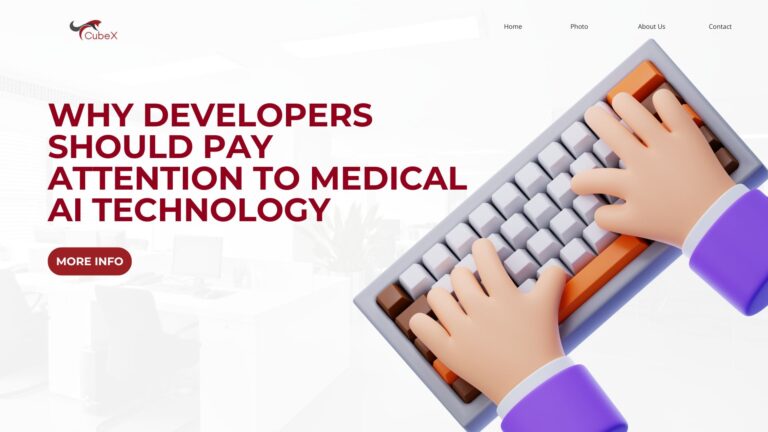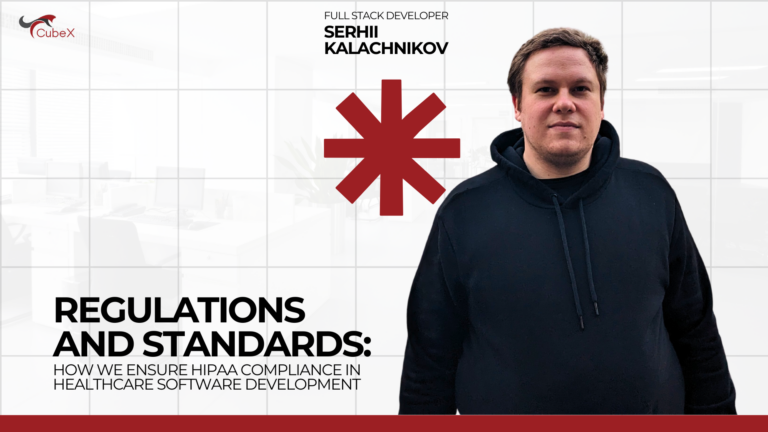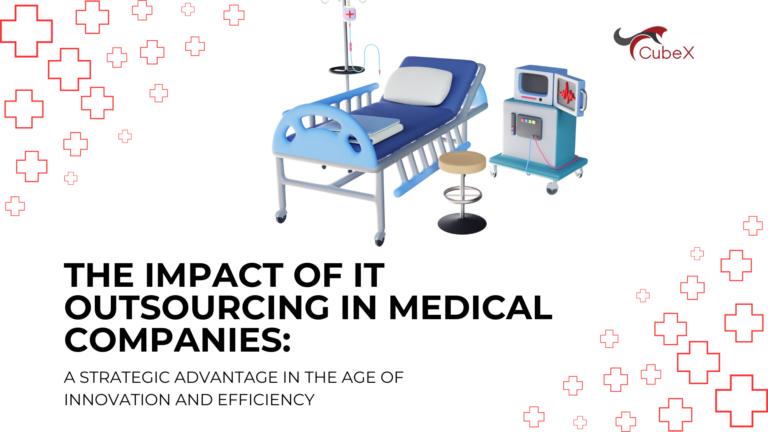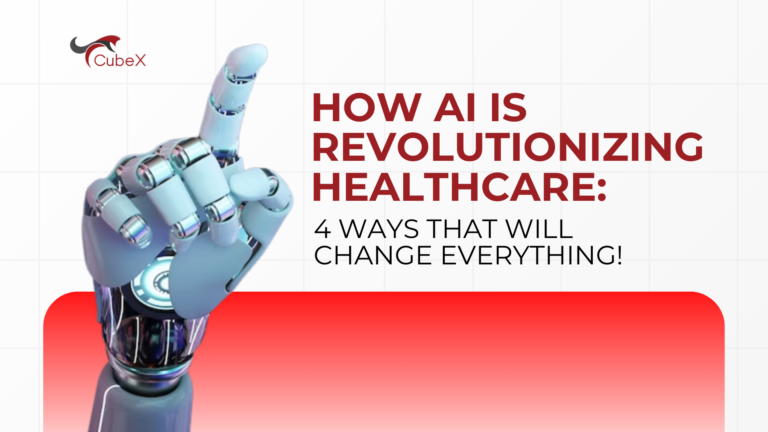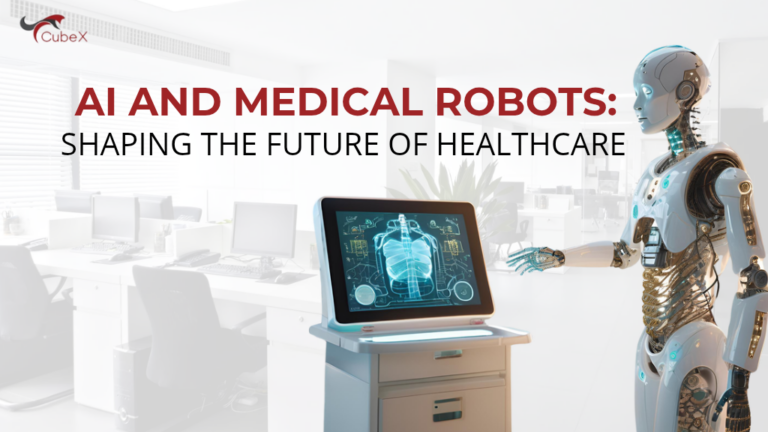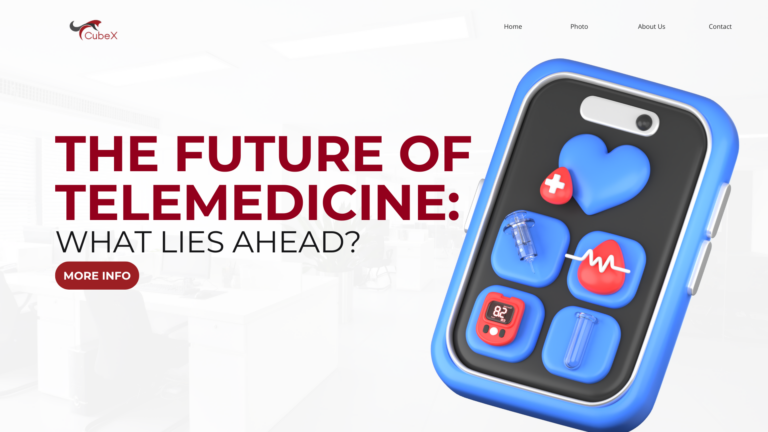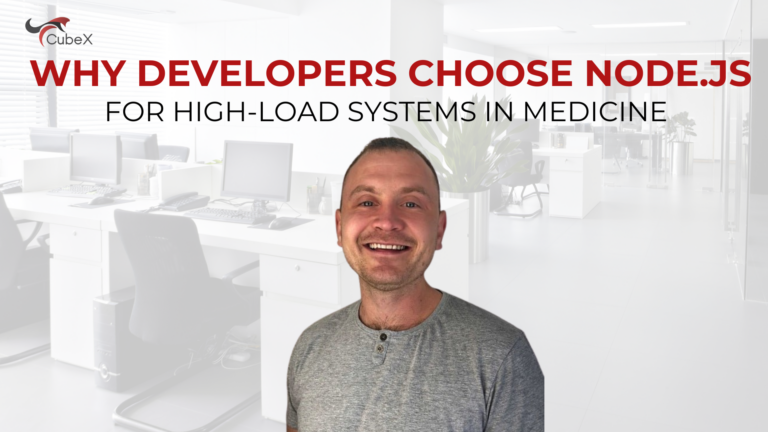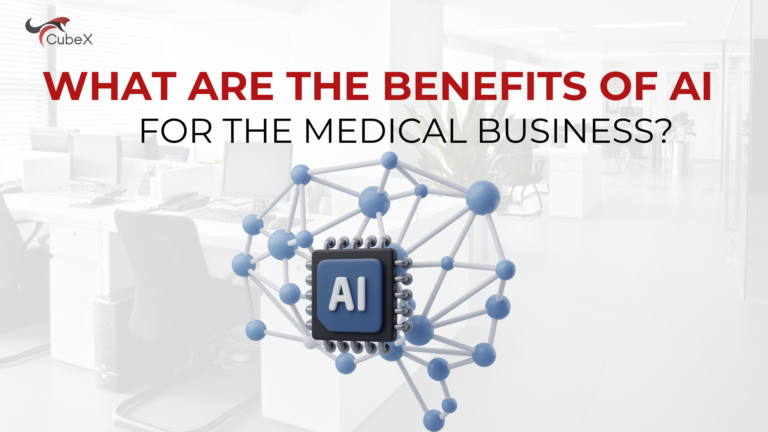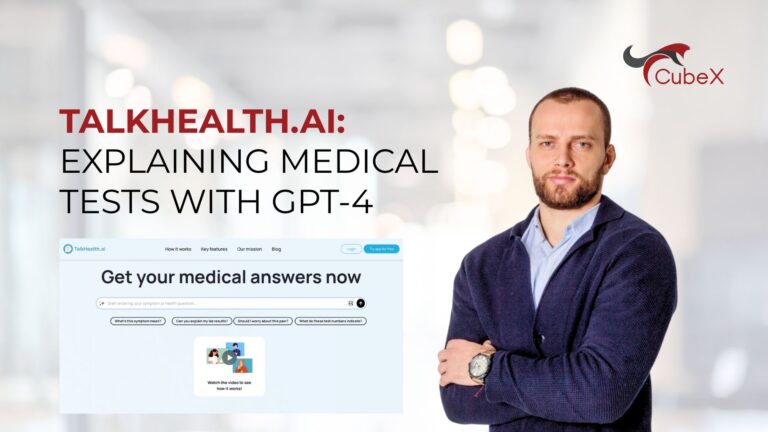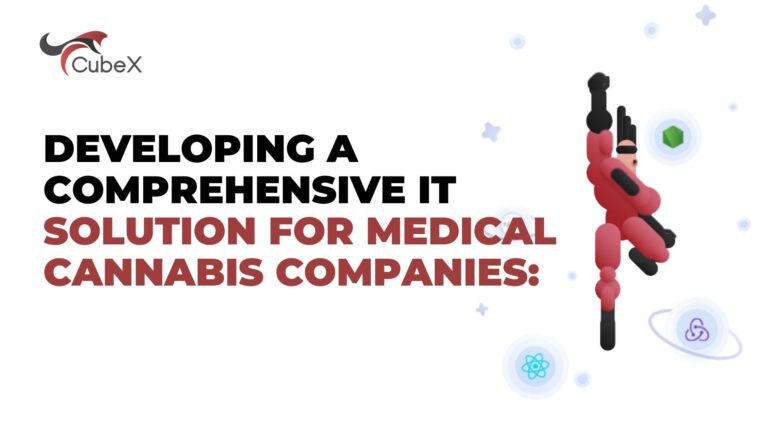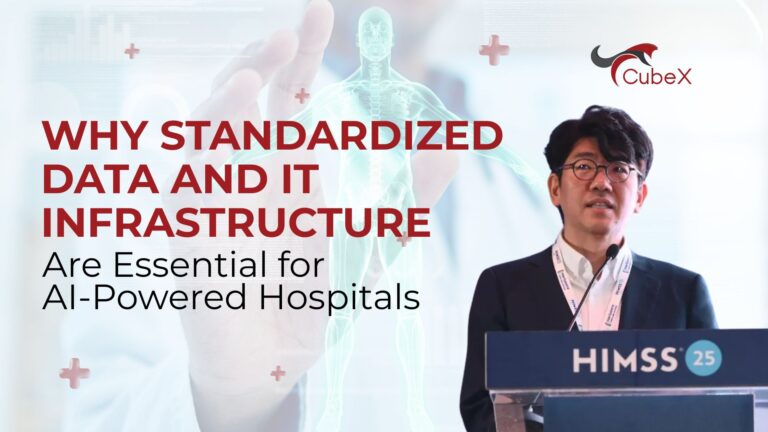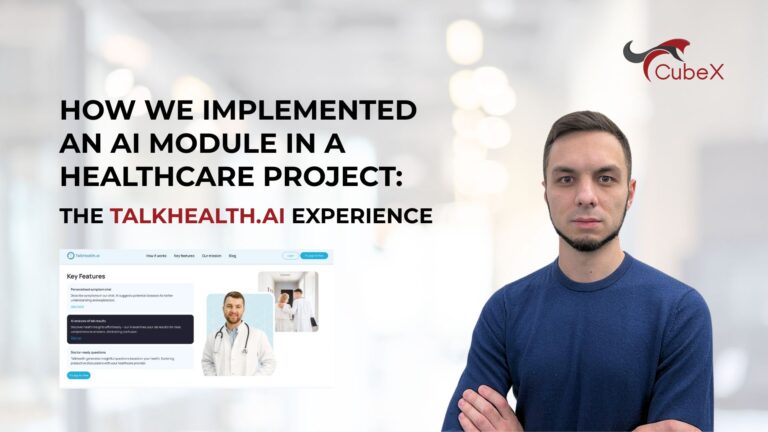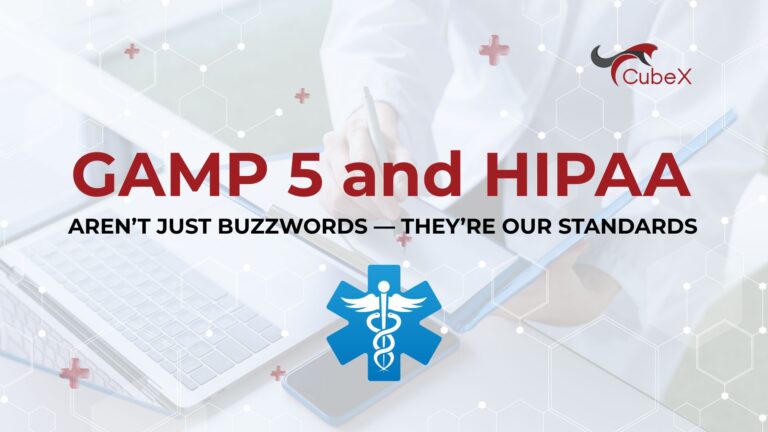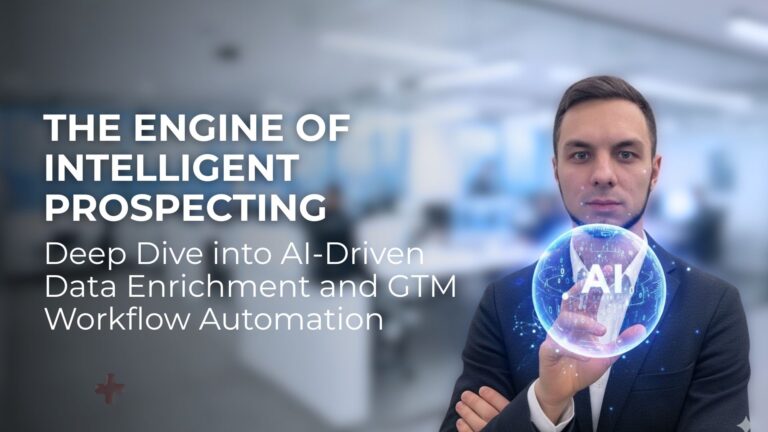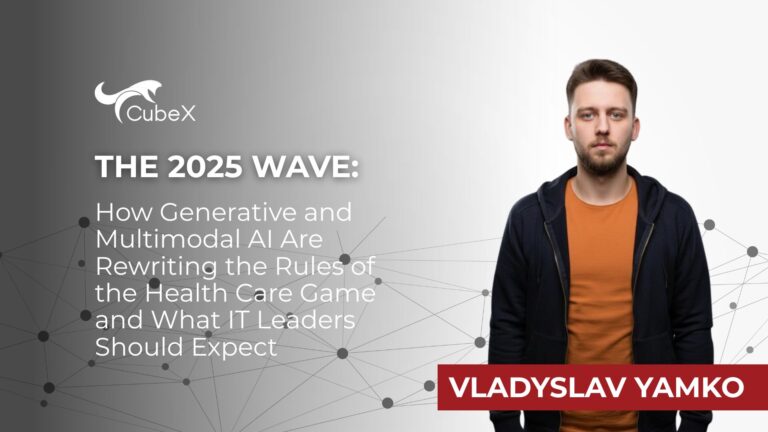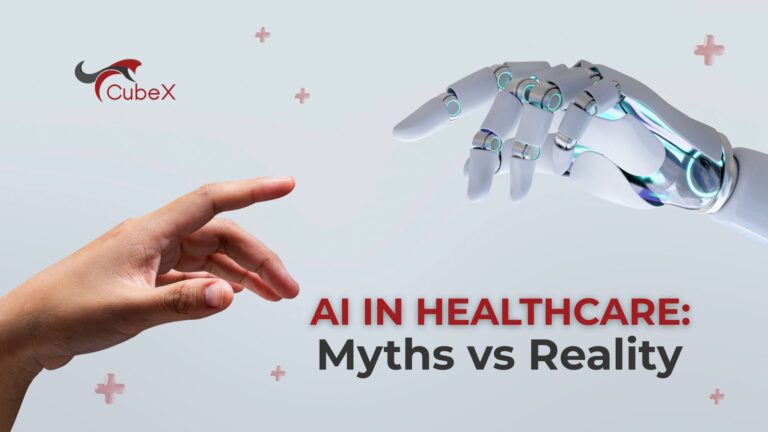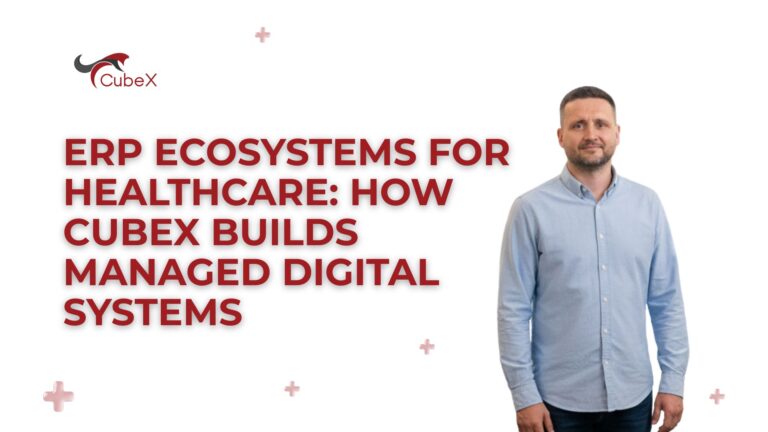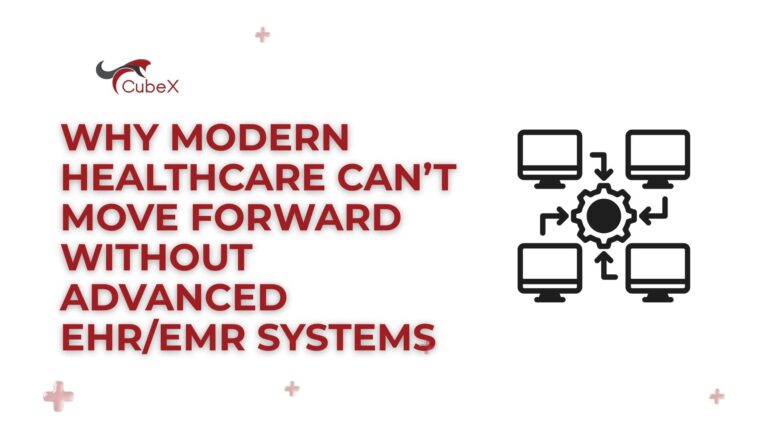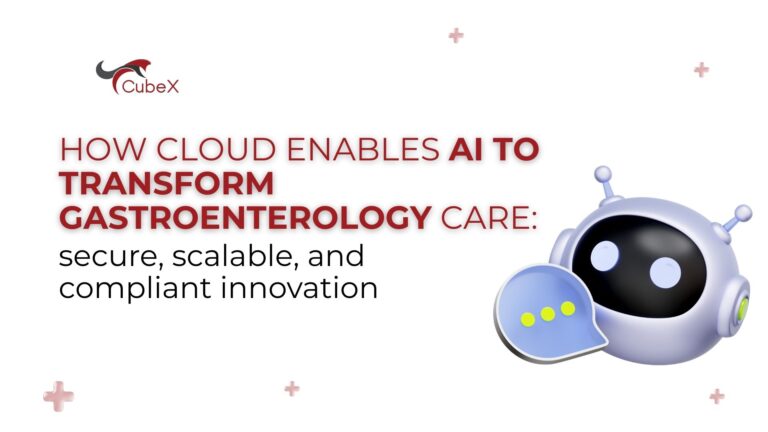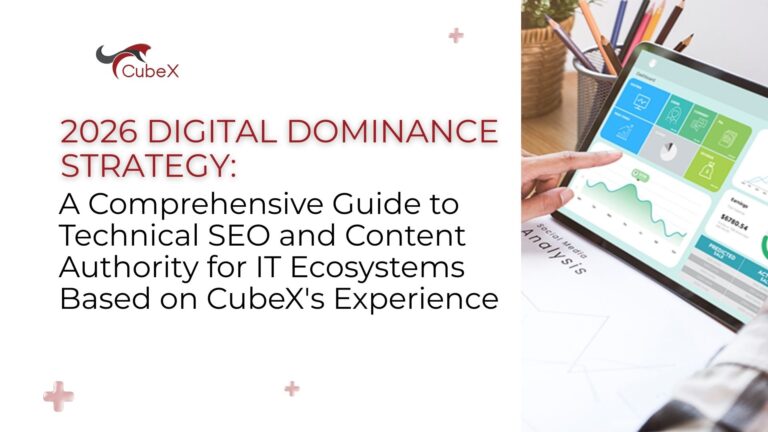AI in Healthcare: Myths vs. Reality
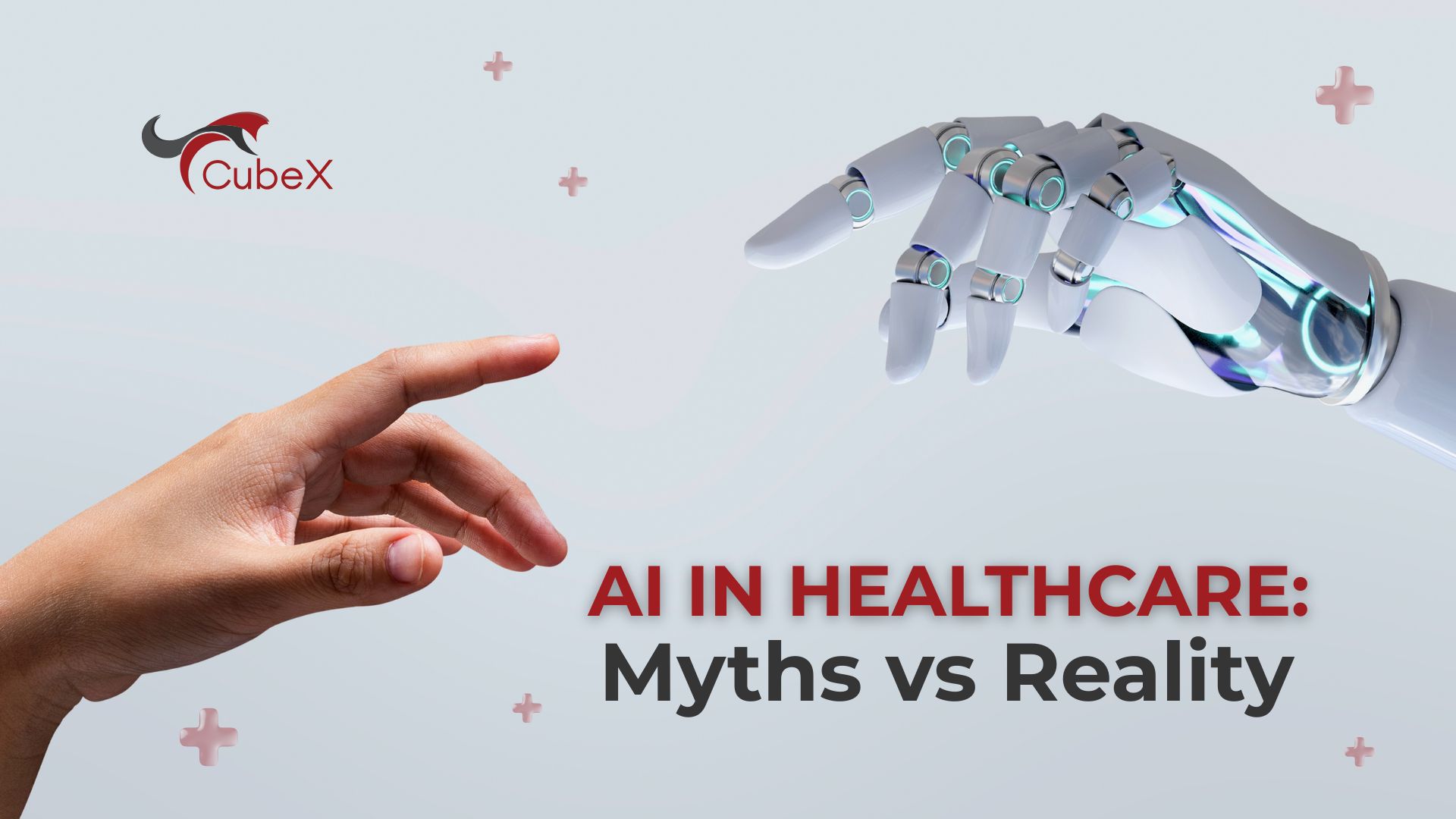
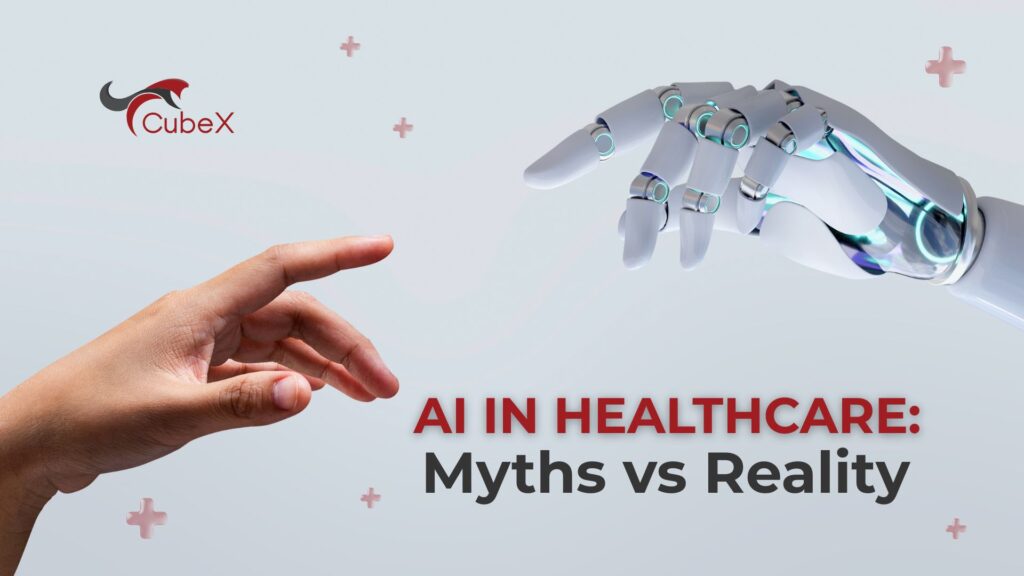
Introduction
Artificial Intelligence (AI) has moved far beyond being just a buzzword. In healthcare, it is reshaping how we diagnose, treat, and manage medical processes. Yet along with its rapid rise, AI has attracted plenty of myths. Let’s explore the most common ones — and uncover the real picture.
Myth 1:
“AI will replace doctors.”
Reality: AI is not here to replace doctors, but to assist them. Current AI tools support radiologists, pathologists, and other specialists by speeding up data analysis and helping detect anomalies. The final decision, however, remains in the hands of a trained professional. More than 340 AI-based medical devices have already been FDA-approved — all designed as assistants, not substitutes.
Myth 2:
“AI is always accurate.”
Reality: Like humans, AI can make mistakes. In 2024, Google’s Med-Gemini was criticized for inventing a non-existent brain structure — a reminder that “AI hallucinations” are real. Moreover, a study published in The Lancet showed that when physicians became overly reliant on AI during colonoscopy, their detection rates dropped once the AI was removed. Accuracy is a partnership, not a guarantee.
Myth 3:
“AI is fully objective.”
Reality: Algorithms reflect the data they are trained on. If that data contains bias, the AI’s outputs will too. This raises important challenges around equity in healthcare, especially for underrepresented populations.
Myth 4:
“AI in healthcare has no ethical risks.”
Reality: Ethics are at the center of AI adoption. Patient privacy, algorithm transparency, regulatory compliance (like HIPAA and GDPR), and accountability are crucial. Without responsible frameworks, AI can easily lose trust among both patients and practitioners.
Myth 5:
“Patients trust AI more than doctors.”
Reality: Studies show patients sometimes over-trust AI recommendations — even when they’re wrong. This “automation bias” can be dangerous if not balanced by medical oversight. Trust should be built on collaboration, not blind acceptance.
From Myths to Opportunities
- Clinical efficiency: AI helps reduce physician workload by accelerating MRI, CT, and X-ray analysis.
- Precision medicine: Tools like AlphaFold enable faster drug discovery and personalized therapies.
- Medical education: AI is becoming a powerful training partner for young doctors, lowering costs and improving global access.
- Human touch remains irreplaceable: Especially in nursing and patient care, empathy and emotional support can never be automated.
Conclusion
AI is not a silver bullet — nor is it a threat. It is a tool. Used responsibly, it can amplify the skills of healthcare professionals, expand access to care, and open the door to precision medicine. The future of healthcare will not be “AI instead of doctors” — but AI with doctors, for patients.
Contact Us
Please contact us for any further information


